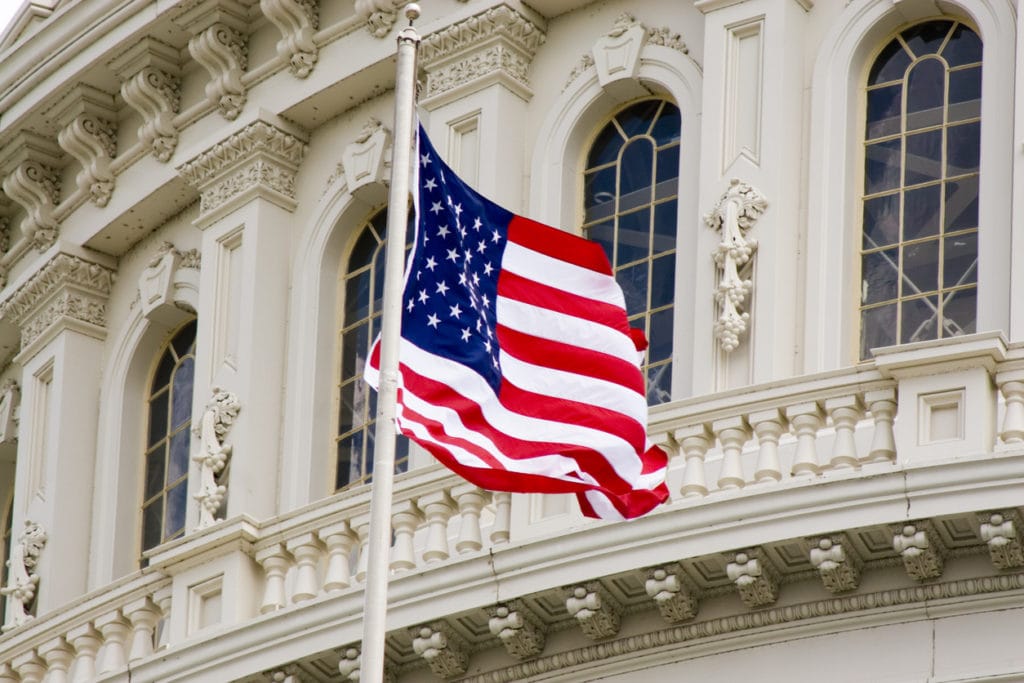The Consumer Financial Protection Bureau (CFPB) has initiated a lawsuit against Capital One, one of the largest banks in the United States, alleging that the financial institution has engaged in practices that have cheated consumers out of more than $2 billion in interest payments on their savings accounts. This legal action underscores the ongoing efforts of regulatory bodies to hold financial institutions accountable for their practices and ensure that consumers are treated fairly.
According to the CFPB, the lawsuit stems from findings that Capital One failed to provide the promised interest rates on savings accounts, leading to substantial financial losses for its customers. The bureau’s investigation revealed that the bank’s practices not only violated consumer protection laws but also misled customers regarding the terms and conditions of their savings accounts. The CFPB contends that these actions have caused significant harm to consumers who relied on the bank’s representations when choosing their savings options.
The CFPB’s lawsuit highlights the importance of transparency and honesty in the banking sector, particularly concerning interest rates and account terms. Consumers often depend on financial institutions to provide accurate information about their products, and any discrepancies can lead to a loss of trust and financial stability. The bureau’s action against Capital One serves as a reminder that regulatory agencies are vigilant in monitoring the practices of banks and other financial entities to protect consumers from potential exploitation.
In response to the lawsuit, Capital One has stated that it intends to vigorously defend itself against the allegations. The bank has emphasized its commitment to customer service and transparency, asserting that it has always aimed to provide competitive interest rates and fair terms to its customers. Capital One’s representatives have expressed confidence that the legal proceedings will demonstrate the bank’s adherence to regulatory standards and its dedication to consumer protection.
The CFPB’s lawsuit is part of a broader trend in which regulatory agencies are increasingly scrutinizing the practices of financial institutions. In recent years, there has been a growing emphasis on consumer protection, particularly in the wake of the financial crisis that exposed numerous unethical practices within the banking sector. The CFPB was established in 2010 in response to the crisis, with a mandate to ensure that consumers are treated fairly and that financial institutions operate transparently.
As the lawsuit unfolds, it is likely to draw attention from both consumers and industry experts. The outcome of the case could have significant implications for Capital One and potentially set a precedent for how other banks handle interest payments and customer communications. If the CFPB is successful in its legal action, it may lead to increased regulatory oversight and changes in how financial institutions disclose information to consumers.
The impact of this lawsuit extends beyond just Capital One and its customers. It raises important questions about the accountability of financial institutions and the measures in place to protect consumers from unfair practices. As consumers become more aware of their rights and the responsibilities of banks, there is a growing expectation for transparency and ethical behavior within the financial sector.
In conclusion, the CFPB’s lawsuit against Capital One represents a significant development in the ongoing efforts to protect consumers from potential exploitation by financial institutions. The allegations of cheating consumers out of more than $2 billion in interest payments on savings accounts highlight the need for transparency and accountability in the banking sector. As the legal proceedings progress, the outcome will be closely monitored by consumers, industry experts, and regulatory agencies alike, with the potential to shape the future of consumer protection in the financial industry.


